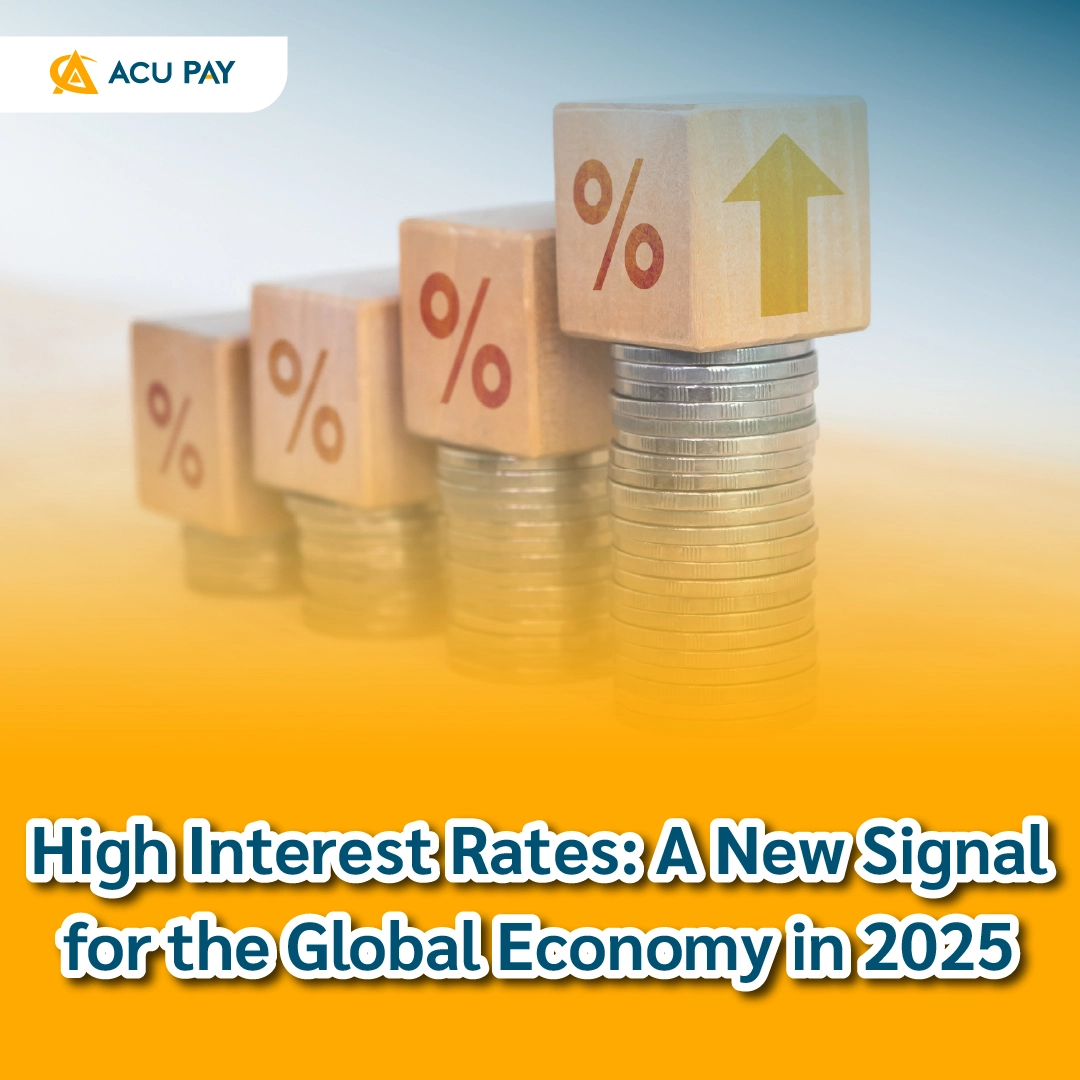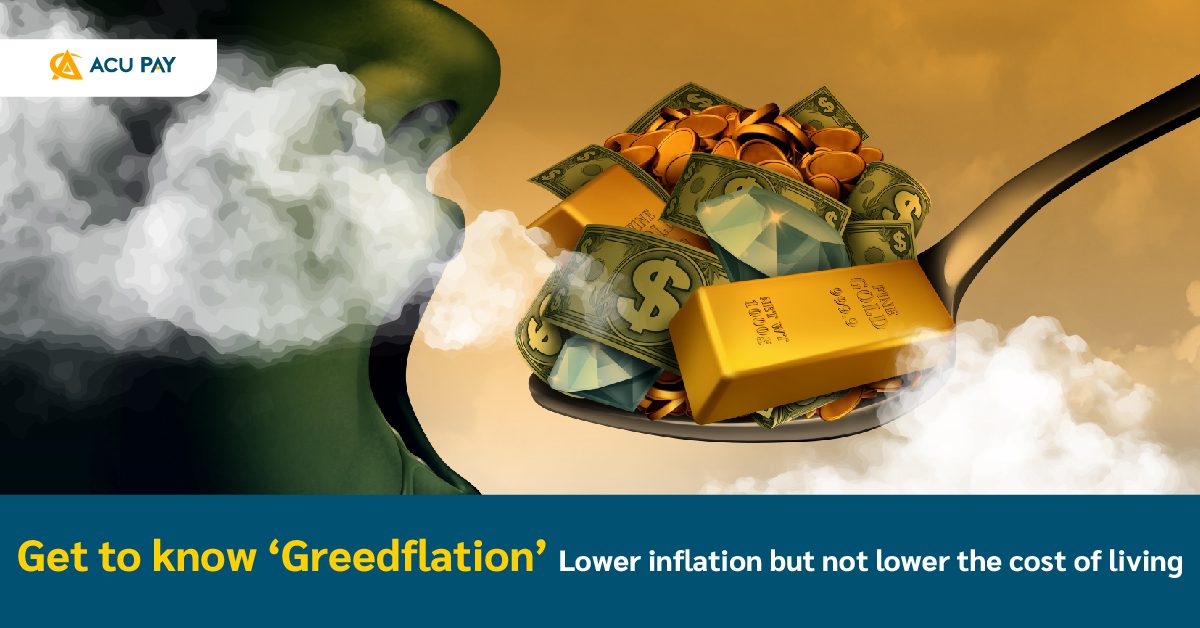

Before we start, let’s build an understanding that inflation is caused by the higher demand for goods in the market and higher costs of goods have resulted in higher prices.
However, there is another type of inflation that economists and analysts discover about this sign of inflation as something caused by corporate greed called ‘Greedflation.’
Greedflation is a condition in which entrepreneurs find reasons to raise prices at a higher rate by citing the economic conditions and the global war. For example, the cost of the ingredient is higher to encourage consumers to believe that price increases are reasonable, so they agree to pay higher prices. As a result, entrepreneurs can raise the prices eventually, causing the Profit Margin to increase along with worsening inflation.
However, when the costs return to normal, prices of these goods do not fall, and remain the same. As a result, consumers feel that the cost of living is ‘rising’ every year, becoming a burden for the middle and lower classes to continue bearing these expenses. Therefore, that’s where the word ‘Greedflation’ comes from, which Greed means greed caused by corporations and companies.
From the point of view of Manuel Albecasis, an economist, he predicts that the company’s profit margin will remain ‘high’ in 2024, although costs have fallen by 3% since last year. This is because many companies have chosen to ‘fix the selling prices’ that have been increased despite lower costs or a return to the normal supply chain.
According to a KGI Wealth Management Research report, the unit profit accelerated faster than the cost increase of about 14%. Those companies reasoned to consumers that they had higher costs from the COVID-19 lockdown, and were aggravated by the Russia-Ukraine War. As a result, the unit profit margin of the companies before COVID-19 at 12.1% soared to 14.7% (Having peaked at 16.4% in Q1/201)
In addition, according to a study by The Institute for Public Policy Research, which surveyed 1,350 companies across the U.S., the U.K., Europe, Brazil, and South Africa, found that the companies’ profits, especially energy companies, rose 30% between 2019-2022, beating inflation.
CEOs of major companies expressed concern about inflation as an obstacle to the growth of the company. Nevertheless, some analysts like Albert Edwards of Societe Générale, a French multinational in banking and financial management, criticized those CEOs for using the war as an excuse to raise prices to make more profits. There should be a clear examination, otherwise this could affect the economy.
On the other hand, some economists view that not all companies will push the burden on consumers. It is because of the intensifying competition and consumers have more diverse choices than ever before. These price increases can cause companies to lose market share because they have to bear both higher costs and worry about losing customers due to price increases, often happening in businesses that have many competitors.
References from

ให้ทุกเรื่องการเงินเป็นเรื่องง่าย เริ่มต้นวันดีๆ ไปกับเรา MAKE A GREAT DAY WITH ACU PAY